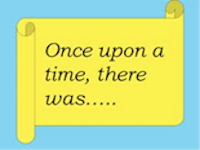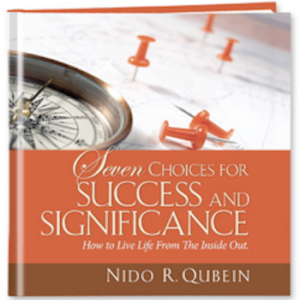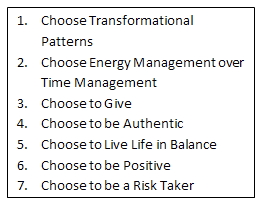
I’d been blogging monthly for nine years when, in January 2016, I decided to put off the post for a week while I considered changes in my life and world. That week turned into a month, then six months of silence.
I questioned my interest in the business that supported me well for 17 years, challenged my ability to write motivational, practical blog posts, and disputed my willingness to participate in an increasingly disassociated and negative online world.
Lost in a world of meaningless chatter, something had to give.
Next thing I knew two years had passed and I hadn’t written a single blog post. I had grown comfortable in my silence.
Then came December, and the problem that caused me to move my website from one hosting company to another. In the process, I had to copy all the page content and blog posts, paste them into the new site, and reformat everything.
It was time consuming.
And it was exhilarating.
Posts I had written in 2007 were still relevant today, and many were more powerful now than when they were first published. Among them, these:
Bob’s Brilliant Marketing Tool
The Law of Attraction: Carport #35
The process renewed my passion for solid, proven marketing communications, and my desire to be “in the thick of it” with my clients. Now, I use silence in a different way, internally and externally. It has become a solace rather than a wall.
Have you stepped away from some aspect of your life, only to discover it anew? What was it, what did you learn, how will you move forward?
 We call the bad things, the dysfunctional things “lemons.” We say, “When life hands you lemons, make lemonade,” meaning throw a bag of sugar over it so you don’t see the dysfunction, the mechanical failures, the sourness of your situation.
We call the bad things, the dysfunctional things “lemons.” We say, “When life hands you lemons, make lemonade,” meaning throw a bag of sugar over it so you don’t see the dysfunction, the mechanical failures, the sourness of your situation.
 Having one of those days, darling? You know what I mean – one of those frustrating, exhausting days in which everything you had planned is blown out the window by the things you didn’t anticipate?
Having one of those days, darling? You know what I mean – one of those frustrating, exhausting days in which everything you had planned is blown out the window by the things you didn’t anticipate? 1) Focus on the Goal of your Blog. Is your intent simply to keep your name Top of Mind with your customers and prospects? Are you focused on Lead Generation, website traffic, or building your reputation as an information hub?
1) Focus on the Goal of your Blog. Is your intent simply to keep your name Top of Mind with your customers and prospects? Are you focused on Lead Generation, website traffic, or building your reputation as an information hub? 2) Remember What Drew You to Your Industry. Way back when, on the day you started your company or made the decision to take a job in your current industry, you were excited about it. There was something that thrilled you, that satisfied you beyond just the paycheck. What was it? What emotion did it trigger? Find that energy again, and write from that place. It might be helpful to create a list of the reasons you started and the dreams you had about your career.
2) Remember What Drew You to Your Industry. Way back when, on the day you started your company or made the decision to take a job in your current industry, you were excited about it. There was something that thrilled you, that satisfied you beyond just the paycheck. What was it? What emotion did it trigger? Find that energy again, and write from that place. It might be helpful to create a list of the reasons you started and the dreams you had about your career. 3) Tell stories. Stories pull the reader into an experience, and the more they see themselves in that experience, the more willing they will be to keep reading and remember you when they need your product or service.
3) Tell stories. Stories pull the reader into an experience, and the more they see themselves in that experience, the more willing they will be to keep reading and remember you when they need your product or service.

 The author, Dr. Nido R. Qubein, came to the United States from the Middle East when he was 17, with just $50 to his name and little knowledge of the English language. Today, he is the President of High Point University in North Carolina, and Chairman of the Great Harvest Bread Company, with 225 stores in 43 states.
The author, Dr. Nido R. Qubein, came to the United States from the Middle East when he was 17, with just $50 to his name and little knowledge of the English language. Today, he is the President of High Point University in North Carolina, and Chairman of the Great Harvest Bread Company, with 225 stores in 43 states. 